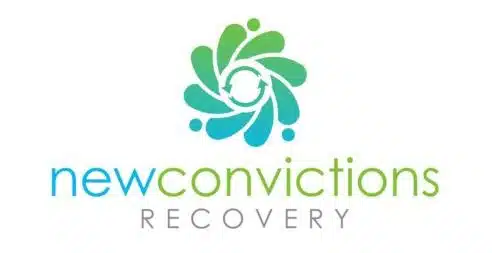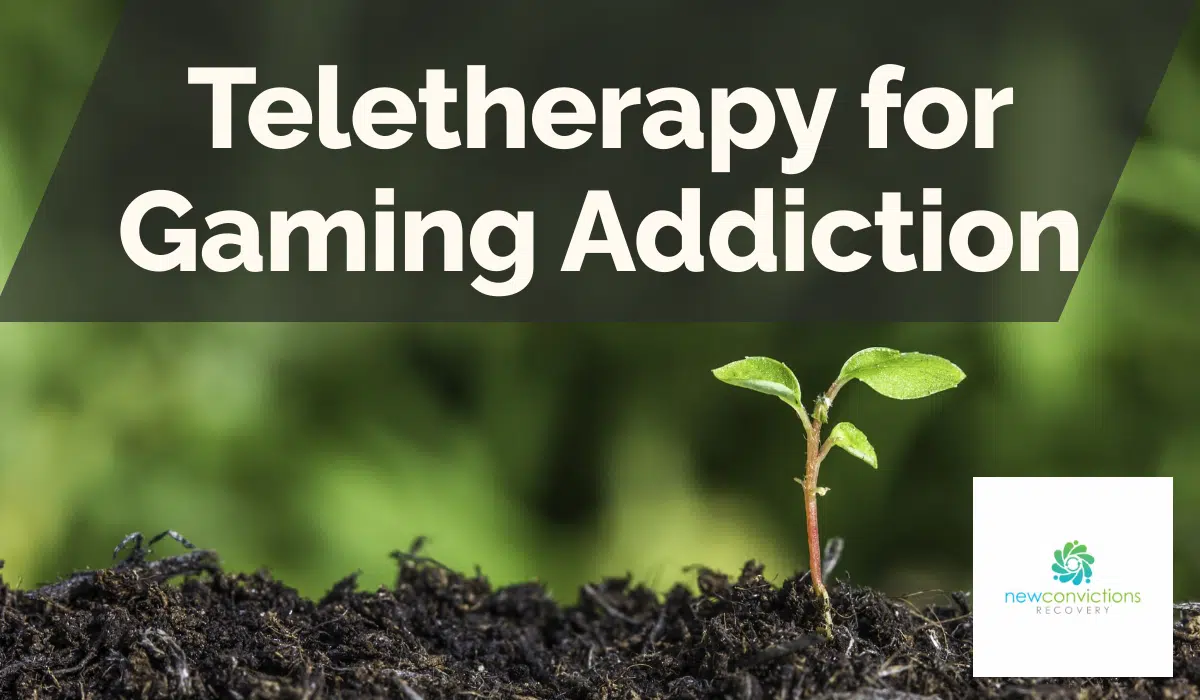As gaming becomes an ever-more pervasive part of modern culture, so too grows the risk of developing a gaming addiction. This form of addiction can lead to a variety of life complications, including employment and academic issues, worsening mental health, and interpersonal difficulties. Luckily, therapeutic techniques are expanding to meet the digital age, and one such example is teletherapy. As a form of online counseling, it has proven to be effective in treating gaming addiction, offering convenience, accessibility, and anonymity.
Understanding Gaming Addiction
Gaming addiction is classified as a behavioral addiction where an individual may find video games or other forms of digital entertainment virtually irresistible. They often spend excessive amounts of time dedicated to them, at the expense of other life aspects like employment, social relationships, and health. This behavioral addiction deserves the same level of attention and treatment like any other addiction.
The Advent of Teletherapy
In recent years, teletherapy has emerged as a popular form of therapy, especially with the advent of COVID-19. It has become a reliable mode of treatment for a variety of conditions, including behavioral addictions such as pathological gaming. It provide the convenience of therapy from home. For those who live in remote areas or have busy schedules, teletherapy can be a game-changer.
Convenience and Comfort
One of the significant benefits of teletherapy for treating gaming addiction lies in its convenience and the comfort it provides to clients. Individuals can have sessions from the comfort of their homes, eliminating the need for travel or being in an unfamiliar setting.
Accessibility
With teletherapy, previously under-served areas now have increased access to mental health services. The typical obstacles of location, availability of specialists, and transportation are no longer issues with this digital approach.
Anonymity
There remains a stigma associated with seeking treatment for addiction. The anonymity of teletherapy helps ease these concerns, making it more appealing for individuals seeking help.
Effectiveness of Teletherapy
The effectiveness of teletherapy in treating gaming addiction is documented in various research studies. It has been found that cognitive-behavioral therapy via video-conferencing led to a significant decrease in the severity of gaming addiction symptoms.
Individual Counseling
Individual counseling through teletherapy can focus on recognizing triggers, regulating game use, improving coping strategies, and developing new hobbies outside gaming.
Family Therapy
Teletherapy can also facilitate family therapy sessions, where the dynamic can be addressed and adjusted to support recovery and coping mechanisms.
Conclusion
In conclusion, teletherapy has proven to be an effective treatment option for gaming addiction. It provides significant benefits over traditional therapy models, such as convenience, accessibility, and anonymity, making it a practical alternative for many individuals. Undoubtedly, the continued advancement of technology will allow for even further growth in the world of teletherapy, opening more doors for those in need of counseling services.

